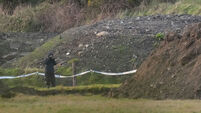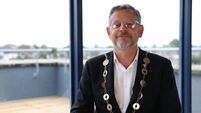Sports sponsorship ‘saturated’ with alcohol ads

The document contrasts with Government policy, which ruled against a ban and excluded it from alcohol legislation published seven months ago.
The report was commissioned to update the findings of the National Substance Misuse Strategy Steering Group and in the context of the drafting of the Public Health (Alcohol) Bill, which was published last September.













